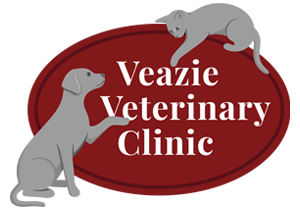Many types of cancer can be treated, or the quality of life improved, with chemotherapy and other treatments.
Veterinary oncology care can involve staging of the cancer, removal of the primary tumor, and chemotherapy treatments, as well as addressing pain control, nutrition, and overall health and wellness concerns.
Pets are living longer than ever before. As more pets live longer lives, we are seeing more cases of cancer. It is devastating to learn that your pet has cancer. However there are treatment options, and the team at Veazie Veterinary Clinic is here to help guide you through this difficult time.
Cancer Care & Treatment Options
The decision whether or not to go forward with cancer treatments can be a difficult one and is one made by the owners with support from doctors. Dr. Julie Keene can consult with you about different approaches to cancer management, and give you information about the best course of treatment for your pet.
Common Cancer Care FAQs
What is Cancer?
Cancer is a disease caused by a cell which is replicating abnormally, forming a population of clones. The “parent” cell is a normal cell in the body. The different kinds of cancer are designated by what kind of cell that parent cell was, such as a bone cell, a skin cell, or a blood cell. This tells us the “family” the cancer belongs to. Often, the cancer is then further categorized by how abnormal the cells appear, or whether they have spread to other parts of the body. This process is called staging. Staging is used to determine the prognosis for that patient, and the relative likelihood of response of the patient to treatment. Veterinary oncology refers to cancer care in the veterinary world.
What are Some Warning Signs of Cancer?
There are 10 warning signs of cancer in dogs and cats that owners should know. These can be symptoms of other illnesses too, and you should seek veterinary care if you notice any of the following:
- Swollen lymph nodes
- An enlarging or changing lump
- Abdominal distension
- Chronic weight loss
- Chronic vomiting or diarrhea
- Unexplained bleeding
- Cough
- Lameness
- Straining to urinate
- Oral odor
How is Cancer Diagnosed?
Cancer is diagnosed by looking at suspicious cells to see whether they are abnormal, and what type of cell they are. We can sample cells in one of two ways. Cytology is when a needle is used to take a few cells from the area, the cells are placed on a slide, and then the cells are examined under a microscope. This yields a very small sample, but is sufficient for some types of cancer. Histopathology is when a larger sample (like a mass or a piece of a mass) is sent to a specialist for a more in depth review of the tissues. This test yields a lot more information, but sometimes still further testing is needed on this sample to determine subcategories of disease.
What Happens After a Cancer Diagnosis?
- Discussion of the expected course and treatment options
- Further testing to stage the cancer, aiding in choosing a chemotherapy protocol and in providing a prognosis
- Surgery to remove the primary tumor, if applicable
- Chemotherapy, if applicable
- Quality of life care, including pain management as needed
What else should i Know About Chemotherapy in Pets?
- Dogs and cats do not get as sick as people do with chemotherapy
- Hair loss occurs rarely, and usually only in certain breeds
- The drugs we use are the same as those used in people
- Chemotherapy in pets is designed to improve their quality of life and lengthen their life span, not to eradicate any chance of recurrence
- There are veterinary oncologists, and we are happy to assist in a referral if desired
How Long Does Treatment Take?
It varies with the type of cancer. For instance, the most common lymphoma protocol takes about 6 months to complete, whereas the most common hemangiosarcoma protocol takes about 4 months to complete.
Treatments are done every 2 – 3 weeks, with recheck bloodwork done in between. Patients usually stay for only part of the day at each treatment.
What Happens When Treatments are Done?
We monitor for any signs of recurrence with recheck exams and testing. Some patients receive oral medications at home for the rest of their lives.
If the cancer recurs, sometimes a “rescue protocol” can be used to achieve remission again. If remission cannot be achieved, care is provided similar to hospice care in people.


